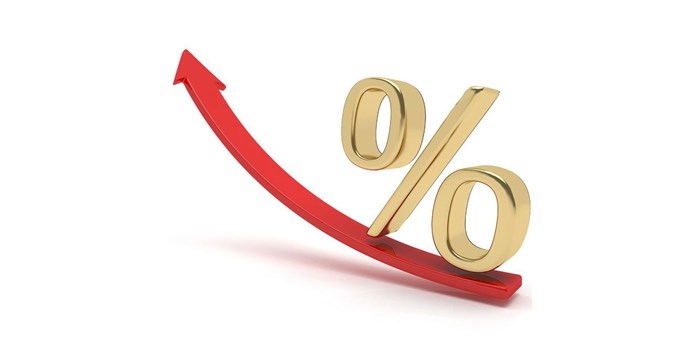
Top stories

ICTToo little, too concentrated: why AI startup funding in Africa needs rethinking
Claire Zanuso 6 hours





More news



ESG & Sustainability
Redisa calls on govt to fix South Africa’s “broken” waste management system

























"The MPC noted that it is mainly supply factors such as food, electricity prices, and exchange rates, and not demand factors behind inflation risks, with the latter easier dealt with by interest rate changes," says Izak Odendaal, investment strategist at Old Mutual Wealth.
"But rate changes cannot address growth challenges which are also mainly supply side related, and the committee clearly prepared the market and consumers for a resumption in the rate hiking cycle, with its parting shot that 'the unchanged stance cannot be maintained indefinitely'."
The announcement followed the release of the consumer price index (CPI) data by StatsSA on Wednesday, showing that consumer inflation rose to 4.5% year-on-year from 4% year-on-year in March, slightly lower than market expectations.
"CPI was 0.9% higher in April compared to March, mainly due to the 14% monthly jump in the petrol price. Core inflation - excluding volatile food and energy prices - remained unchanged at 5.7%. With headline inflation at the mid-point of the 3%-6% target range, and core inflation steady, it would have appeared premature to hike now," he says.
"Most categories of food prices showed slower growth on an annual basis, but fruit and vegetable inflation accelerated. The MPC remains worried about the impact of the jump the maize price (due to droughts) on food inflation later this year. Alcoholic beverages and tobacco inflation accelerated to 9.7% from 9%.
"Annual petrol deflation slowed to -10.8% in April, from -21.7% in March. Annual petrol deflation should shrink further in May (to around -10%) based on the unchanged petrol price. However, there is currently an average under-recovery of 48c/l, that should lead to a petrol price increase of a similar magnitude in June (-5.1% year-on-year)."
Looking ahead, the SARB expected inflation to average 4.9% in 2015, from the 4.8% estimate at the time of the March MPC meeting.
"2016 inflation is now expected to average 6.1%, instead of 5.9%. Inflation is still expected to breach the 6% upper end of the target range in the first quarter of 2016, and return within range by the second quarter. The MPC can afford to look through this relatively short anticipated breach, but not necessarily a longer breach. According to the Governor, the length of breach that would be acceptable to the MPC is not predetermined and would depend on circumstances," he says.
He says that if Eskom's latest request for a 25.3% tariff increase is granted, there will be substantial upward pressure on consumer inflation in the second half of the year.
"The Reserve Bank has not included the higher tariff application in its inflation forecast even though it noted a possible impact of around 0.5% per year on average. The outcome of the tariff application in late June could be the event that causes the MPC to pull the trigger on higher rates at its July meeting," warns Odendaal.
Furthermore, the MPC was still concerned about above-inflation wage settlements, especially in the context of slow productivity growth.